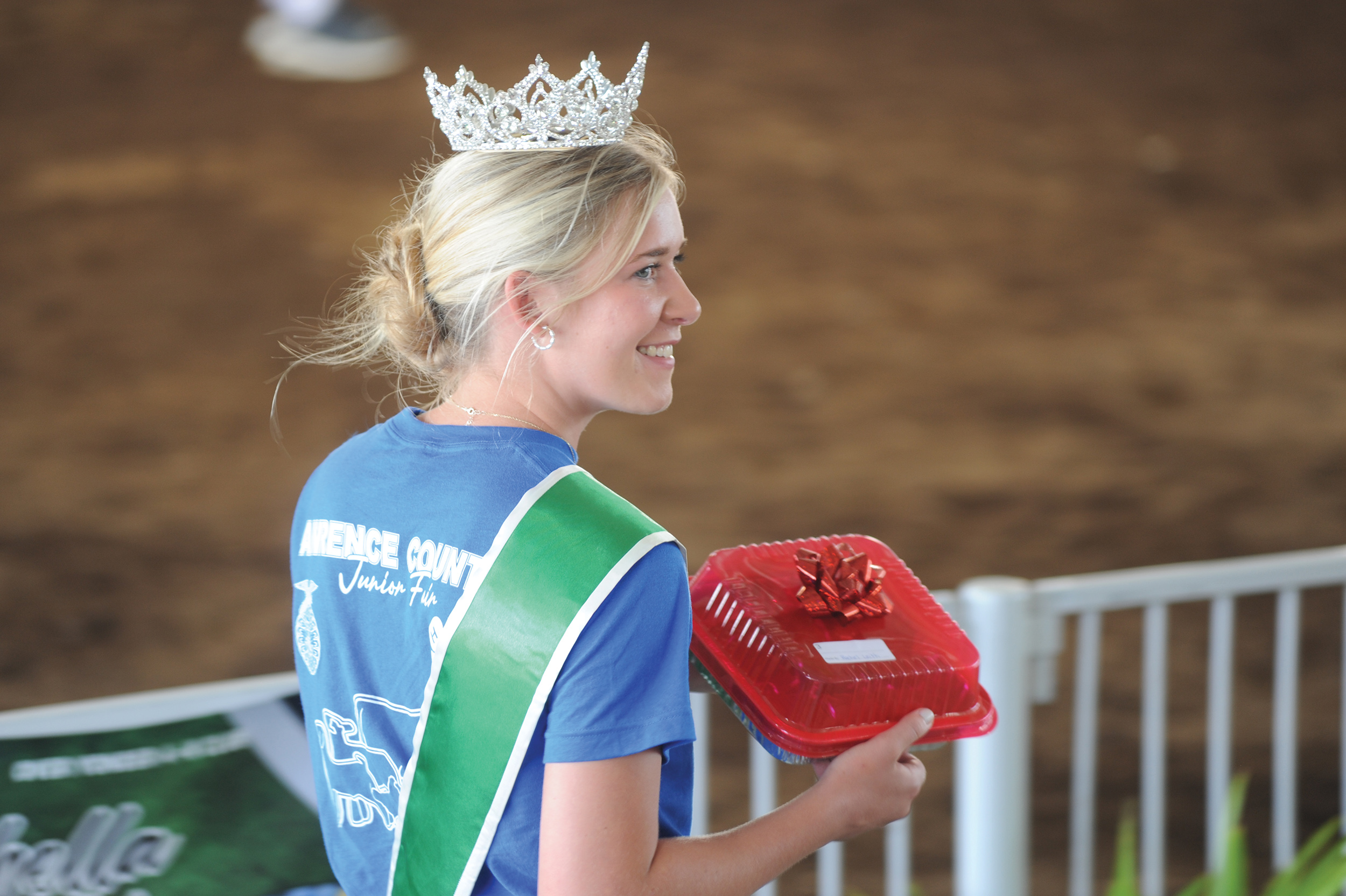Ironton native comes home from Iraq honored with Bronze Star
Published 12:00 am Monday, October 27, 2003
What began as following in his father's footsteps has led to an Ironton native coming home from the recent war with Iraq with a Bronze Star.
U.S. Air Force Maj. Kevin M. Payne, 36, now living in Sumter, S.C., a 1986 graduate of St. Joseph High School and 1991 electrical engineering graduate of Ohio University, was the lead communications war planner for the Combined Forces Air Component Commander of the U.S. Central Command Air Forces, the air component of U.S. Central Command.
From February 15 to May 15, Payne planned, directed and coordinated the deployment of more than 1,700 communications personnel and 4,000 tons of new equipment to augment 32 new and existing expeditionary communications squadrons in Operation Iraqi Freedom (OIF).
Trending
Payne's job also included collaboration with joint war-fighting components and coalition partners to develop combat support plans and establishing a roadmap to provide communications support for joint service and coalition forces at 14 U.S. Air Force bases.
Payne has been a member of the Air Force for 12 years, who joined because he wanted to follow in the footsteps of his father, Pat. He was even born on an Air Force base in Biloxi, Miss.
During the months leading up to the war, planning had already begun in the United States at the Shaw Air Force Base in South Carolina, Payne said. When he accepted this job, he had just been promoted to Major and had not had this level of responsibility before. A wrong move with this job, he said, could result in the loss of lives. He left the United States in February for Prince Sultan Air Base in Saudi Arabia.
In the 21-day push into Baghdad by the armed forces, Payne was responsible for mobilizing and dropping in devices allowing for quick communication in newly seized airfields. Information technology, he said has been hugely important in modern warfare, and advances in this field have been huge even since Operation Desert Storm. The entire U.S. military bandwidth during OIF was more than 2,266 megabits of data for 250,000 troops. Desert Storm used a total data rate of 47 megabits for 500,000 troops. The Air Force used 80 megabits per second, 20 times more bandwidth than what was used in Desert Storm.
"Communication in combat is critical in order to respond," he said. "Military cannot attack without direction. Leaders have to be told about situations. Without communication or warning, there's more danger."
Combined with other advances such as the use of unmanned spy planes, these devices also allowed military personnel to have far more accurate information regarding locations of the "bad guys," he said. Personnel had more information to not only make more precise attacks, but this also resulted in fewer civilian casualties.
Trending
Besides his responsibility for thousands of lives, Payne traveled to several classified bases on the Iraq border, which were not yet secured. While a good buffer existed between the U.S. forces and their enemies, the enemies were still shooting at them, he said.
While he was overseas, his mother Pati was uneasy.
"I really feared germ warfare and weapons of mass destruction," she said. "As a mother, I was scared to death he would be exposed."
Payne also had to leave behind his wife Renee', who was pregnant with their first child.
"In the military, it's tough leaving," he said. "I was leaving my wife behind while she was pregnant, and I was worried I wouldn't make it home in time (for the baby's birth)."
Nevertheless, the heart of military operations in Iraq ended rather quickly, and Payne arrived home May 15. Daughter Morgan arrived June 10, and he received his medal 10 days later.
"It's been a busy year," he said. "There was a war, and I had a baby."
"I had the baby," Renee' said. "Okay, we had the baby."
Becoming a father has now made Payne want to make the world a safer place for his child and everyone else's. Even after he retires, he still plans to work in the military. Despite Saddam Hussein's ousting, the military's job is far from over, he said. The military is currently setting up more communications devices in Iraq such as cell phone towers, and work in Afghanistan is still ongoing even after the Taliban regime was removed from power. Payne still makes periodic trips to the Middle East, and next year, he will be a squad commander.
"This mission is very important to me," he said. "There's still quite a few Baghdads out there."
"This was definitely the highlight of my career," he said. "I'm glad I was a part of Operation Iraqi Freedom, fighting threats out there against our country."





